The government has been transparent and prudent in the management of COVID-19 funds, the Minister of Finance, Ken Ofori-Atta, has said.
Delivering a statement in Parliament yesterday on how the government spent COVID-19 funds, he said all the expenses were provided for in the last Budget Statement.
Nevertheless, he elaborated on the specifics and how they helped to contain the pandemic and saved lives.
Funding sources
Giving details, the minister said out of the GH¢18.19 billion the government mobilised from the various sources of funds in 2020 out of the programmed GH¢19.3 billion, GH¢12 billion was spent
He mentioned the sources as the Government of Ghana Contingency Fund, GH¢1.2 billion; World Bank Group Funds, GH¢1.3 billion, the International Monetary Fund (IMF), GH¢5.8 billion; the African Development Bank (AfDB), GH¢405 million; the European Union (EU), GH¢503 million, and the Bank of Ghana (BoG) COVID-19 bonds, GH¢10 billion.
Utilisation
Mr Ofori-Atta told the House that $230 million was secured from various facilities under the World Bank to support the implementation of the COVID-19 Emergency Preparedness and Response Plan (EPRP).
Furthermore, an additional $200 million was secured in 2021, largely for the acquisition and deployment of COVID-19 vaccines, he said.
Additionally, he said, other funds were sourced to support the budget, including $1 billion from the IMF, GH¢10 billion from the BoG, $69.3 million from the AfDB and $99.7 million from the EU.
Exclusion
However, the minister said, the status of utilisation of the funds to finance the COVID-19 measures excluded funds from the National COVID-19 Trust Fund and the Ghana Private Sector COVID-19 Fund.
“Mr Speaker, for the years 2020 and 2021, the programmed expenditure amounted to GH¢15.7 million for the COVID-19-related expenditures, out of which the actual utilisation was GH¢12 million.
“In 2020, a total amount of GH¢11.1 million, excluding the CAP, was programmed for COVID-19-related expenditure,” he said.
e explained that GH¢8.12 million was utilised to provide support for households, supply equipment and provide relief for health workers, health infrastructure, security operations, evacuations, quarantine and coordination, economic relief, stabilisation and revitalisation.
Data consistencies
Mr Ofori-Atta pointed out that GH¢4.6 million was programmed in the 2021 budget for COVID-19-related expenses, but as of the end of December 2021, GH¢3.9 million, representing 85 per cent, had been utilised.
“Mr Speaker, at this juncture, I wish to dispel the notion that there have been inconsistencies in government data on COVID-19.
“I can report that as of the end of May 2022, we had mobilised GH¢18.19 billion to mitigate the effects of the pandemic. Again, when His Excellency the Vice -President indicated on April 7, 2022 at the National TESCON Conference that the government had spent GH¢8.1 billion on COVID-19, it was within the context of expenditures for 2020, as I have already indicated,” he said.
Approvals by Parliament
Highlighting the financial management and accountability framework for receipt and use of public funds, especially as related to COVID-19, the minister said all public expenditures were incurred from funds approved by Parliament.
Those expenditures, he said, might be drawn from the Consolidated Fund, the Contingency Fund or other statutory funds earmarked for specific purposes.
“At the onset of COVID-19, the MoF applied for and obtained the approval of Parliament to lower the cap on the Stabilisation Fund which enabled the transfer of approximately GH¢1.2 billion to the Contingency Fund.
“Upon approval by Parliament, GH¢1.2 billion was drawn from the Contingency Fund to support the government’s efforts to mitigate the effect of the pandemic,” he said.
He said all implementing entities, made up of ministries, departments and agencies (MDAs) and metropolitan, municipal and district assembles (MMDAs), that received funds for COVID-19 expenditure were required to keep the relevant documentation for audit purposes.
Support to households
On the support extended to households during the outbreak in 2020, Mr Ofori-Atta told the House that out of the GH¢1.7 million programmed to support households in Accra, Tema, Kasoa and Kumasi, GH¢1.55 million was utilised
“The expenditure for the provision of hot meals during the lockdown served about 2,744,723 people for the period of the lockdown, at a unit cost of GH¢4.32, and an amount of GH¢42.2 million was expended on the distribution of dry food packages through faith-based organisations in Greater Accra and Kumasi.
“A total of about 470,000 people received these food packages, and as part of the support to households, the government, through the Ministry of Water and Sanitation and its agency the Ghana Water Company Limited, provided free water, which initially lasted the period April to September 2020,” he said.
In 2021, he said, a total allocation of GH¢200 million was made for the provision of free water and electricity for lifeline consumers, out of which GH¢143 million was utilised.
He said the government also made provision in the budget for free electricity for lifeline consumers and absorbed 50 per cent of all electricity bills for all residential and commercial customers, saying that “a total cost of GH¢1.03 million was utilised for the policy from April to September 2020”.
Relief for health workers
On the support to frontline health workers, Mr Ofori-Atta said the total amount programmed for the measures under the health response in 2020 was GH¢1.52 million, out of which GH¢1.04 million was utilised.
He further indicated that a total of GH¢80 million was programmed to pay 50 per cent of the basic salary as allowance for frontline workers.
Economic revitalisation
In addition, to ensure economic stabilisation and relief, Mr Ofori-Atta said the government implemented programmes to revitalise the economy and protect jobs.
They included the Coronavirus Alleviation Programme Business Support Scheme (CAPBuSS) by the Ghana Enterprises Agency (GEA), which provided soft loans to the tune of GHc600 million for 302,001 small and medium-scale businesses across the country to mitigate the economic impact of the pandemic and protect jobs, and the Ghana Cares Obaatanpa Programme, which was launched in November 2020 to make strategic investments in the real sector of the economy and saw the release of GH¢539 in 2021, out of the total programmed amount of GH¢1.510 billion.
“A total of GH¢853 million has been transferred as seed money for the establishment of the Development Bank Ghana to address gaps on the Ghanaian credit market, especially the availability of medium- and long-term finance for the private sector,” he said.
Procurement of vaccines
On the procurement of vaccines, the Finance Minister said GH¢929.30 million was allocated in the 2021 budget for the purpose.
He said GH¢775.82 million was released for the purchase of Sputnik V, the Janssen COV SARS 2 COVID vaccines and the emergency deployment of vaccines in schools.




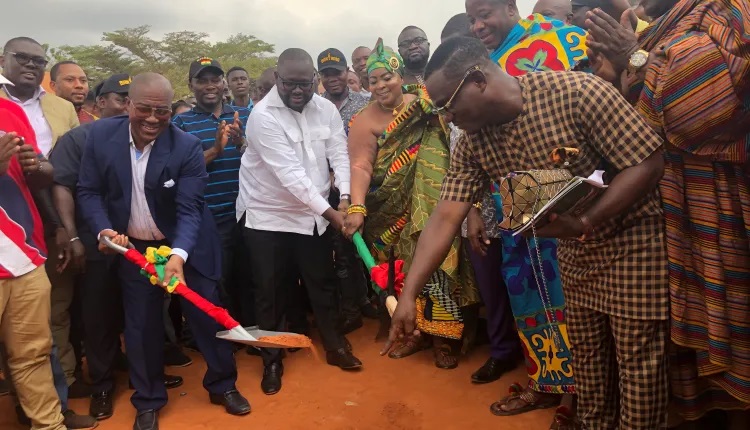
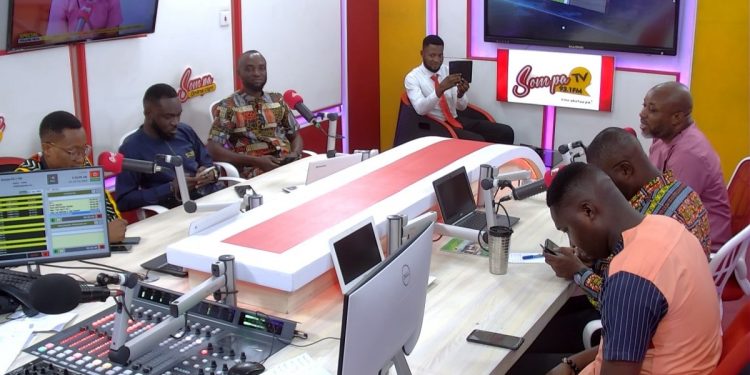
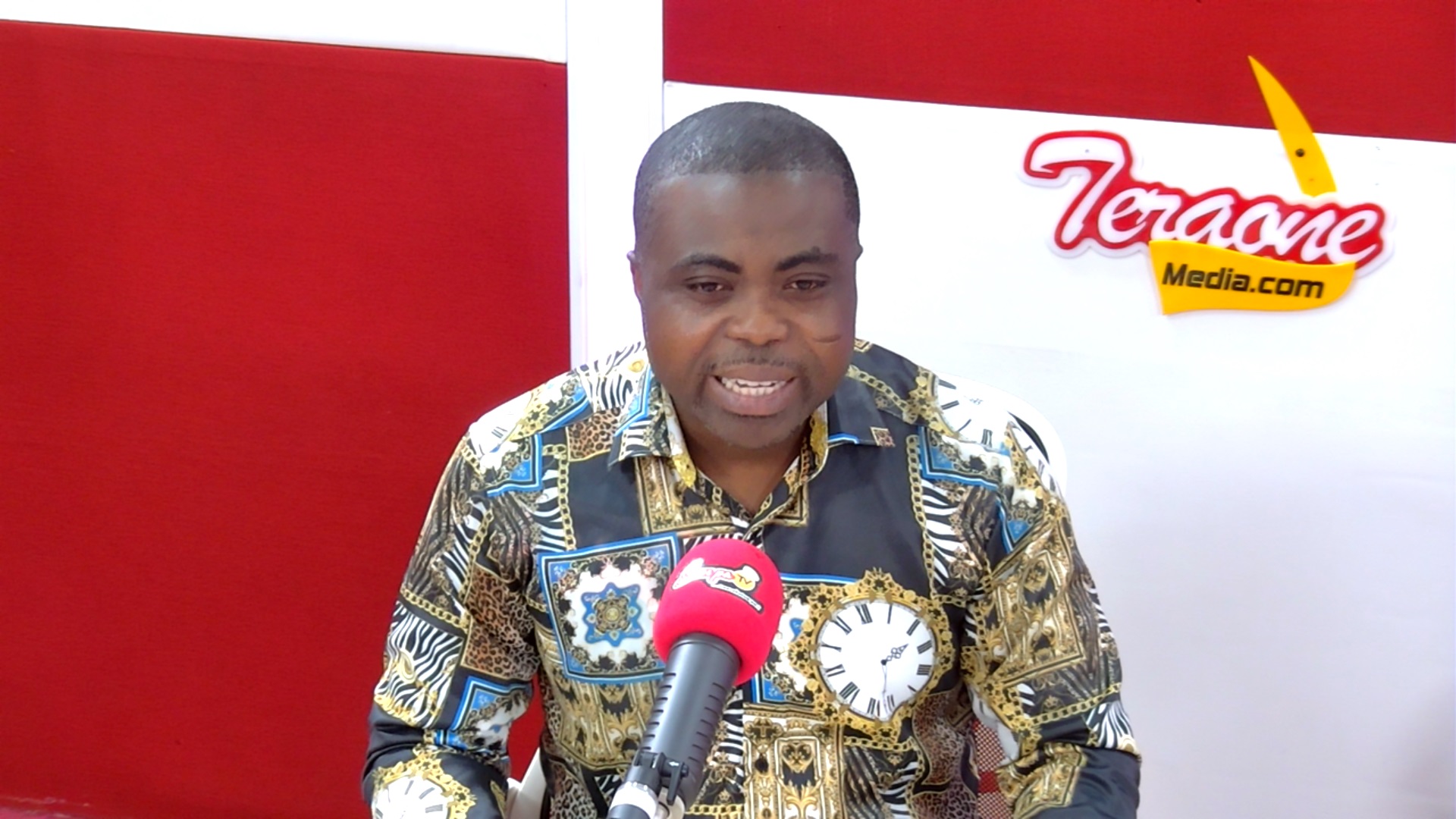

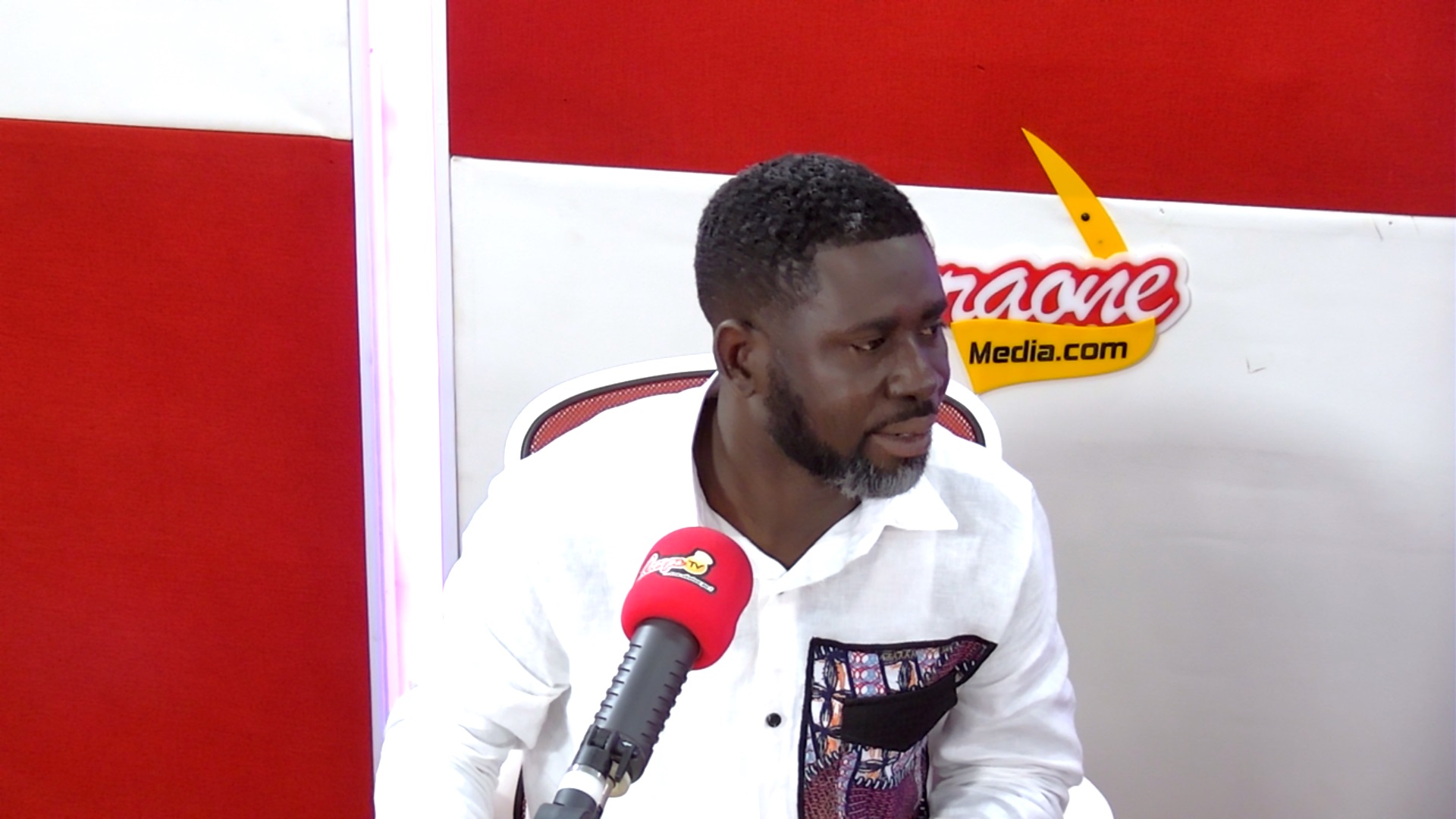

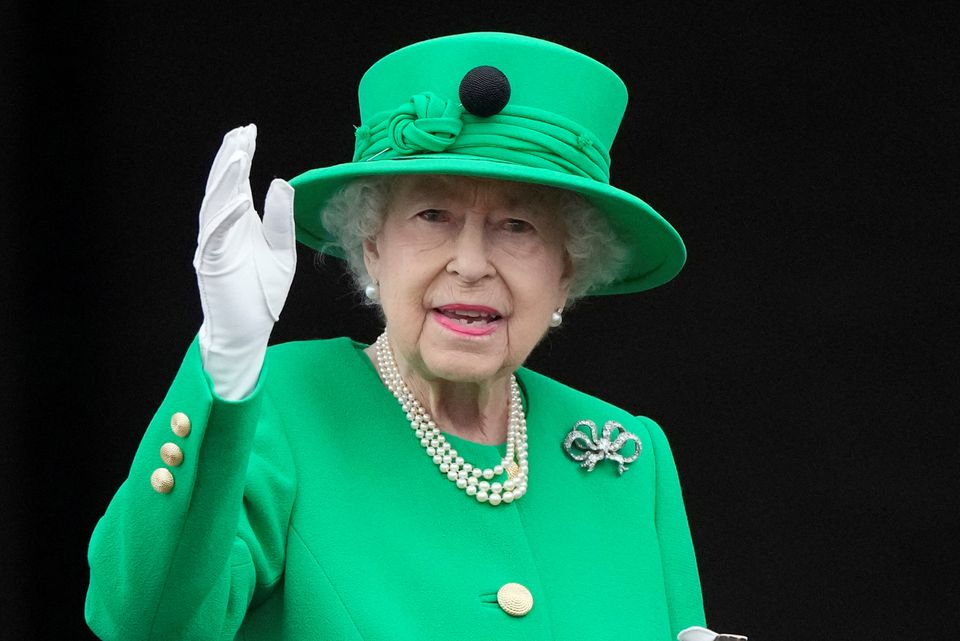

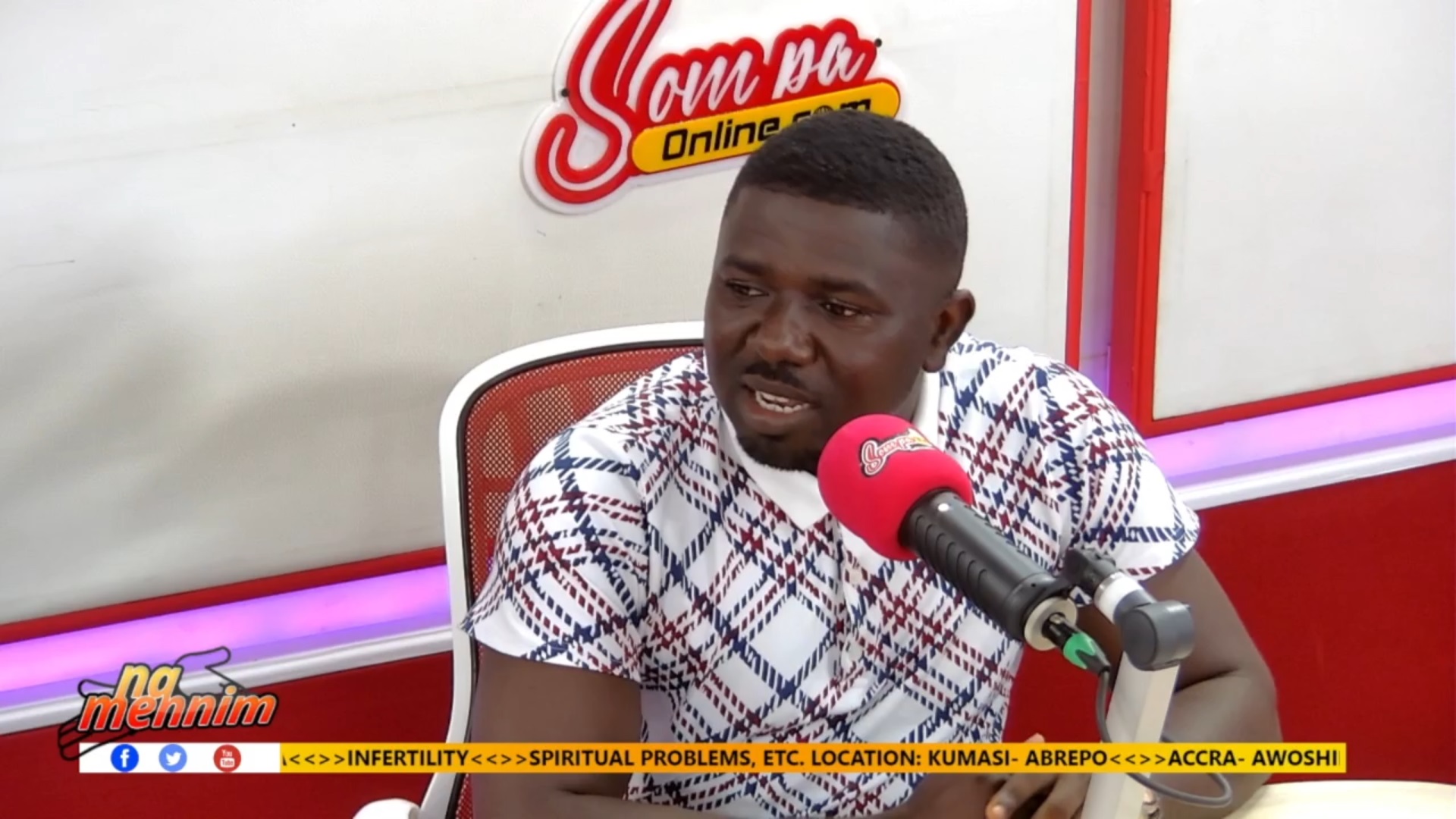
 Sompaonline.com offers its reading audience with a comprehensive online source for up-to-the-minute news about politics, business, entertainment and other issues in Ghana
Sompaonline.com offers its reading audience with a comprehensive online source for up-to-the-minute news about politics, business, entertainment and other issues in Ghana